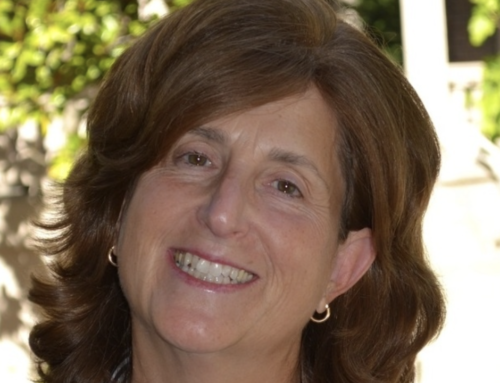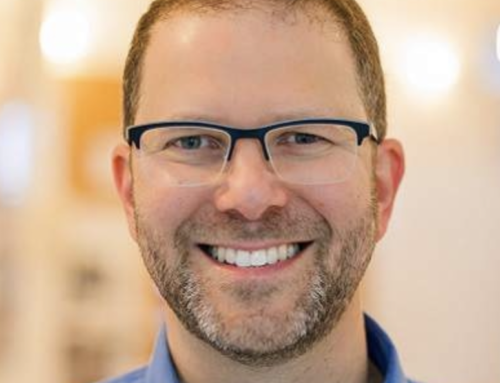Gathered around the Seder table most of us once again lacked the physical connection of family and friends that we enjoyed prior to the Covid-19 pandemic. We have experienced a fairly real mitzrayim, a straitening, a limitation. During Passover the holiday which brought the Israelites into being as the Jewish people, we, once again, were forced to be apart physically. We look back on a year unlike many of us previously experienced and forward with real and legitimate concerns and fears about the future.
But think of this:
We are facing serious medical shortages . . … Simple things such as gloves, bandages or needles are not easy to get. There are times when I’ve had to operate without surgical gloves.
Coronavirus-era Northern Italy, Hunan, or New York City?
No, an average hospital in Liberia before Corona.
That may not surprise you. But this past year, in sub-Saharan Africa twice as many children under five died of illness than died of the Corona virus world-wide! Too often, in the world’s poorest countries what we experienced in our own countries is the norm.
Despite our fears, we must recall those we abandoned in the past. In 2018 slightly over $20 billion of the U.S. federal budget went to humanitarian aid, a number dwarfed by the $1.9 trillion Covid economic stimulus bill recently passed by Congress.
The time of the counting of the Omer is a time of mourning. It is a perfect time to mourn those who suffer today and, as we count upward, to step up on behalf of the millions persecuted and abused simply because of who they are: from Uighurs in China to immigrants confined at the U.S. border. From Tigrayans massacred in Ethiopia to Burmese tortured and tormented by the military government.
When Moses said to Pharaoh, “Let my people go,” his demand was for freedom, and justice, the right to be liberated from oppression and to create one’s own life.
Let us expand to all the declaration of the Seder: “This year, we are slaves; next year, may we be free.”





